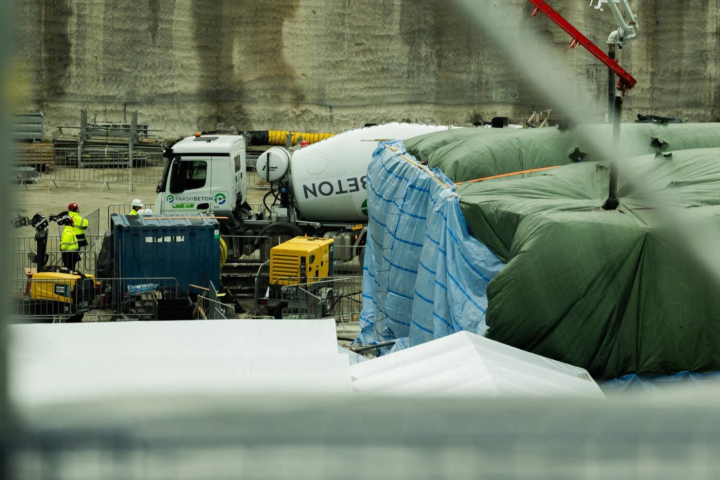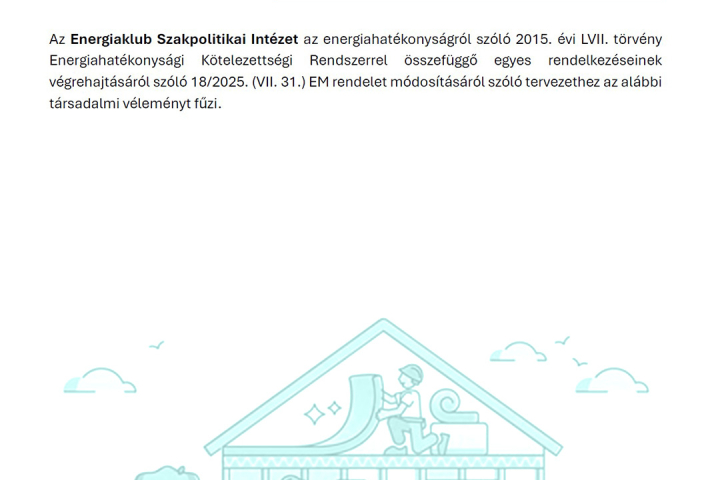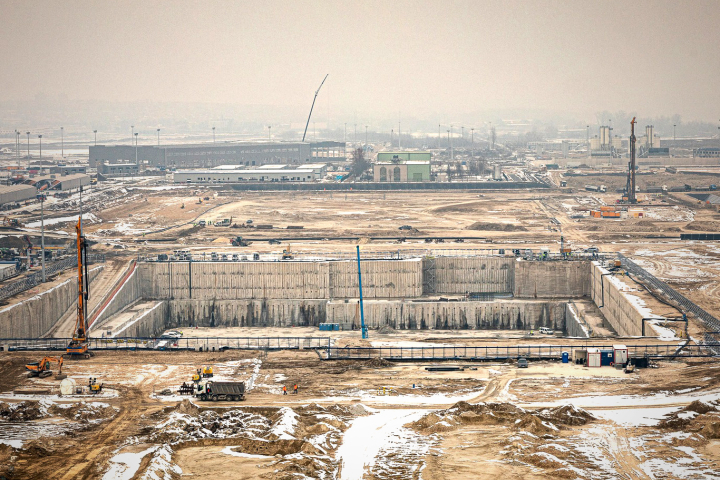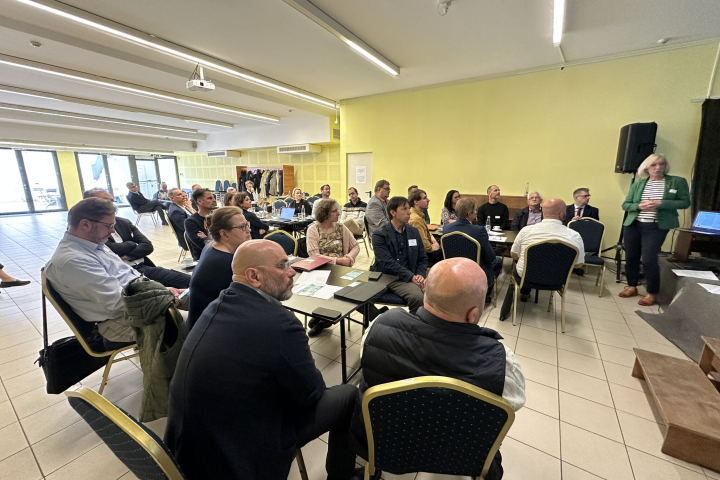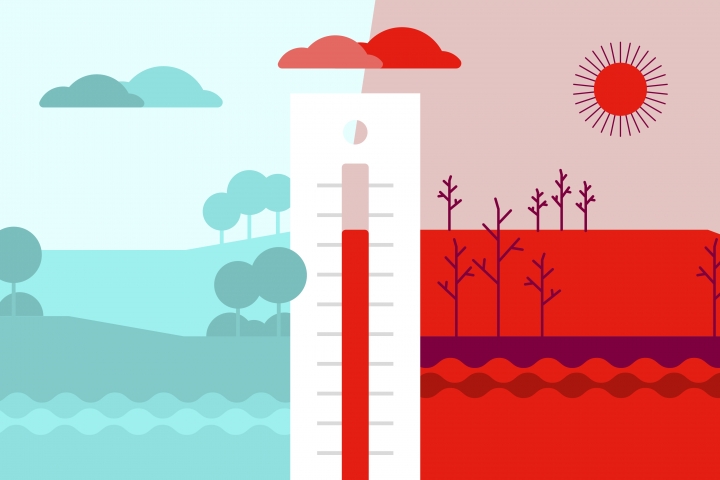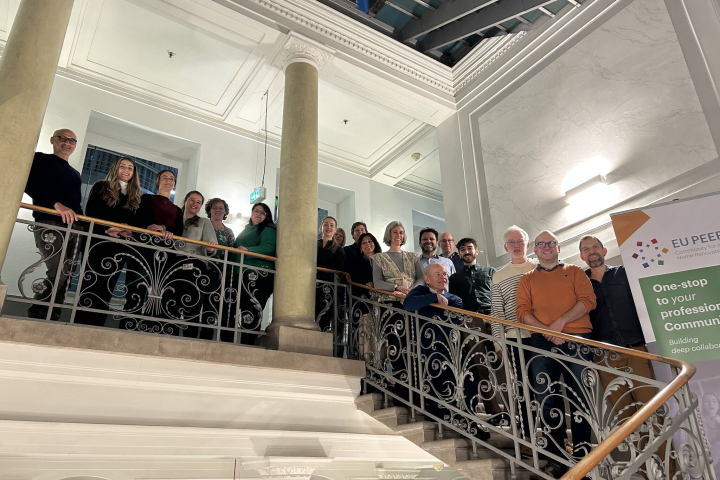Climate Change Newsletter - May\'s issue of 2008
The electronic newsletter of Energy Club about climate change contains foreign news which are important although not yet published in Hungary. Read our latest issue.
Will global warming take a short break? Improved climate predictions suggest a reduced warming trend during the next 10 years and cooler climate may hit N. America, Europe
Europe and North America may soon experience chillier temperatures, thanks to natural North Atlantic variations that could temporarily mask the effects of human-driven, or anthropogenic, climate change.
A new forecasting model, based on past and present sea surface temperatures, suggests the imminent onset of a cool-down cycle for currents in both the North Atlantic and tropical Pacific.
\"I think it\'s just naive to think that there won\'t continue to be multi-decadal fluctuations in the [ocean] climate,\" said Noel Keenlyside of the Leibniz Institute of Marine Sciences in Kiel, Germany.
\"What we are saying is that on top of the warming trend there is a long-periodic oscillation that will probably lead to a to a lower temperature increase than we would expect from the current trend during the next years\", explains Prof. Mojib Latif from IFM-GEOMAR. (Source: National Geographic and Science Daily)
More:
http://news.nationalgeographic.com/news/2008/04/080430-global-cooling.html
http://www.sciencedaily.com/releases/2008/05/080502113749.htm
Greenhouse gases, carbon dioxide and methane, rise sharply in 2007
Last year alone global levels of atmospheric carbon dioxide, the primary driver of global climate change, increased by 0.6 percent, or 19 billion tons. Additionally methane rose by 27 million tons after nearly a decade with little or no increase. NOAA scientists released these and other preliminary findings today as part of an annual update to the agency\'s greenhouse gas index, which tracks data from 60 sites around the world. (Source: Science Daily)
More:
http://www.sciencedaily.com/releases/2008/04/080423181652.htm
Antarctic deep sea gets colder
The Antarctic deep sea is getting colder, which might stimulate the circulation of the oceanic water masses. This is the first result of the Polarstern expedition of the Alfred Wegener Institute for Polar and Marine Research in the Helmholtz Association that has just ended in Punta Arenas/Chile. At the same time satellite images from the Antarctic summer have shown the largest sea-ice extent on record. In the coming years autonomous measuring buoys will be used to find out whether the cold Antarctic summer induces a new trend or was only a \"slip\". (Source: Science Daily)
More:
http://www.sciencedaily.com/releases/2008/04/080421111622.htm
Freshening of deep Antarctic waters worries experts
Scientists studying the icy depths of the sea around Antarctica have detected changes in salinity that could have profound effects on the world\'s climate and ocean currents. (Source: Reuters)
More:
http://www.reuters.com/article/latestCrisis/idUSSP170649
Three-in-five chance of record low Arctic sea ice In 2008, according to new forecast
New University of Colorado at Boulder calculations indicate the record low minimum extent of sea ice across the Arctic last September has a three-in-five chance of being shattered again in 2008 because of continued warming temperatures and a preponderance of younger, thinner ice. (Source: Science Daily)
More:
http://www.sciencedaily.com/releases/2008/04/080430124607.htm
Climate change linked to global food shortage
The Secretary General of the African, Caribbean and Pacific Group of States, Sir John Kaputin, has joined world leaders in pleading for an urgent action to address the growing global food shortage crisis. He believes that the food shortage crisis is directly linked to climate change. Sir John said that there are many consequences of climate change and the depletion of water, food and energy resources. (Source: Solomon Times)
More:
http://solomontimes.com/news.aspx?nwID=1705
Indian renewables generate 11,449 MW
Renewable energy sources in India account for 11,449 MW of grid-interactive power generation installed capacity, junior Power Minister Jairam Ramesh said. (Source: United Press International)
More:
http://www.upi.com/International_Security/Energy/Briefing/2008/04/21/indian_renewables_generate_11449_mw/7523/
Bush sets greenhouse-gas emissions goal for 2025
President Bush on Tuesday called on the US to set policies that stabilize greenhouse-gas emissions by 2025. To achieve that objective, the president said, emissions from the utility industry must peak within the next 10 to 15 years. (Source: The Christian Science Monitor)
More:
http://www.csmonitor.com/2008/0417/p25s01-wogi.html
Nuclear\'s CO2 cost \'will climb\'
The case for nuclear power as a low carbon energy source to replace fossil fuels has been challenged in a new report by Australian academics.It suggests greenhouse emissions from the mining of uranium - on which nuclear power relies - are on the rise. Availability of high-grade uranium ore is set to decline with time, it says, making the fuel less environmentally friendly and more costly to extract. (Source: BBC News)
More:
http://news.bbc.co.uk/2/hi/science/nature/7371645.stm
European fund to support post-2012 climate projects
The European Investment Bank (EIB) and four other public financing institutions have launched a 125 million euro fund to boost investment in clean energy projects that are to generate \'carbon credits\' after 2012. The \'Post-2012 Carbon Credit Fund\', which is the first of its kind, will exclusively purchase and trade \'carbon credits\' generated after the Kyoto Protocol expires in 2012. The aim is to support the market value of environmentally worthwhile projects amid uncertainty over the actual form that the carbon credit trading regime will take after 2012. (Source: EurActiv)
More:
http://www.euractiv.com/en/climate-change/european-fund-support-post-2012-climate-projects/article-172007
